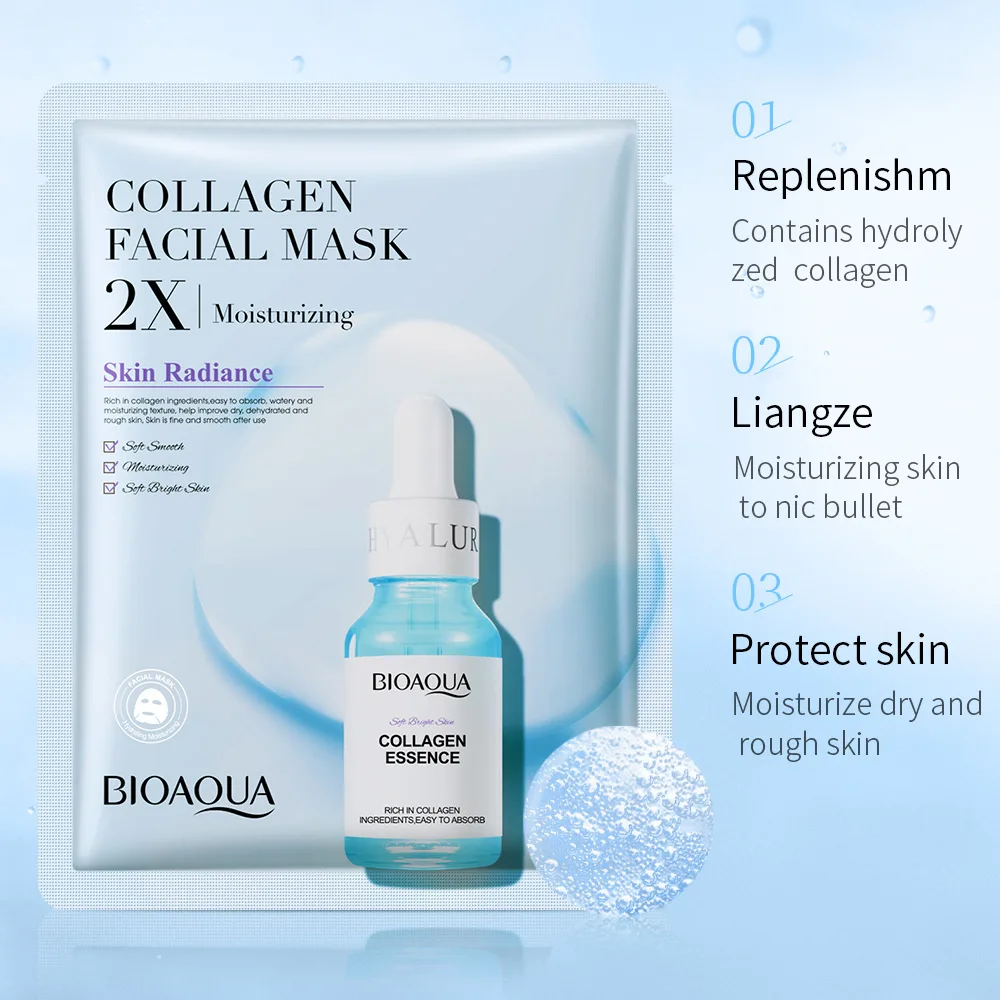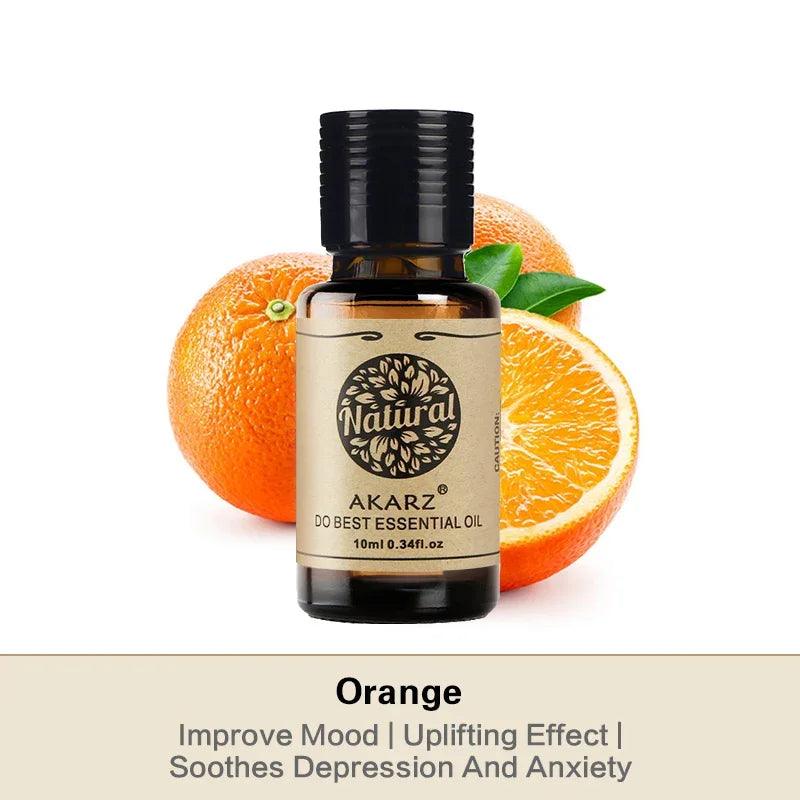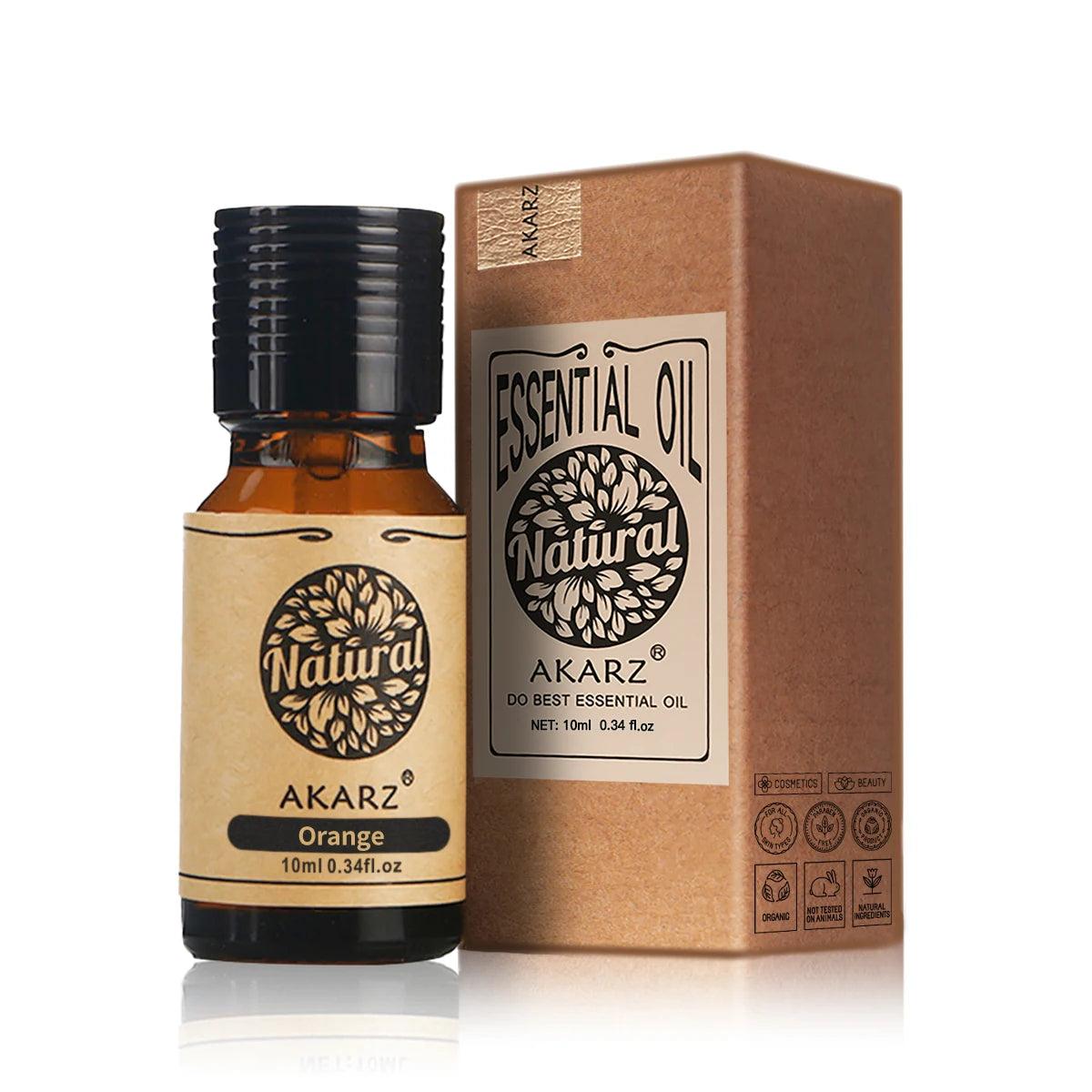Vitamin C Serums: Unlock the Secret to Radiant Skin
In the ever-evolving world of skincare, Vitamin C serums have emerged as a powerhouse product, celebrated for their remarkable benefits. Whether you're a skincare novice or a seasoned enthusiast, understanding the crucial role that Vitamin C plays in maintaining healthy skin can transform your beauty routine. With claims of brighter complexions, reduced signs of aging, and improved skin texture, it’s no surprise that this nutrient has garnered such a dedicated following.
But what exactly are the benefits of Vitamin C serums? This comprehensive guide will delve into the myriad advantages of incorporating this potent ingredient into your skincare regimen. From powerful antioxidant protection to stimulating collagen production, the magic of Vitamin C is not just a trend; it's a science-backed skincare solution.
Perhaps you've heard rave reviews about the best Vitamin C serums on the market, but knowing how to choose the right one can be overwhelming. With so many formulations and concentrations available, it's important to understand what to look for to ensure you’re getting the most effective product for your skin type. We will provide you with insights on how to use Vitamin C serum effectively, ensuring you maximize its potential to achieve brighter, more youthful skin.
Furthermore, the blog will share valuable Vitamin C serum reviews from industry experts and everyday users alike, giving you a well-rounded perspective on which products deliver on their promises. We aim to equip you with all the knowledge you need to tailor your Vitamin C skincare routine according to your unique skin concerns.
So, whether you're looking to combat dullness, enhance your skincare arsenal, or simply discover what the hype is all about, this guide to Vitamin C serums promises to be a thorough and engaging resource. Prepare to unlock the secret to radiant skin with the transformative power of Vitamin C!
An Overview of Vitamin C
Vitamin C, also known as ascorbic acid, is a water-soluble vitamin that is crucial for overall health, particularly for skin health. It is a potent nutrient that the body cannot produce on its own, which means it must be obtained from dietary sources or topical applications such as vitamin C serums. This essential vitamin plays a variety of roles in the body, including aiding in the absorption of iron, promoting a healthy immune response, and playing a critical role in the maintenance of skin texture and appearance.
The Role of Vitamin C in Skin Health
Vitamin C is often heralded for its remarkable benefits in skincare. One of its most significant roles is in the production of collagen, a structural protein that provides skin with its strength and elasticity. Collagen is essential for keeping the skin firm, reducing fine lines, and achieving a youthful appearance. Additionally, vitamin C helps to repair damaged skin and enhance the skin's natural barrier function, making it a vital component in any vitamin C skincare routine.
How Vitamin C Works as an Antioxidant
As an antioxidant, vitamin C works by neutralizing harmful free radicals that can cause oxidative stress. Here’s how it helps:
- Free Radical Damage: Free radicals are unstable molecules that can damage skin cells, accelerating aging and development of wrinkles.
- Neutralization Process: Vitamin C donates electrons to free radicals, stabilizing them and preventing further cellular harm.
- Protection from UV Damage: While vitamin C isn't a sunscreen replacement, it helps mitigate the damage caused by UV exposure by reducing inflammation.

































































































































